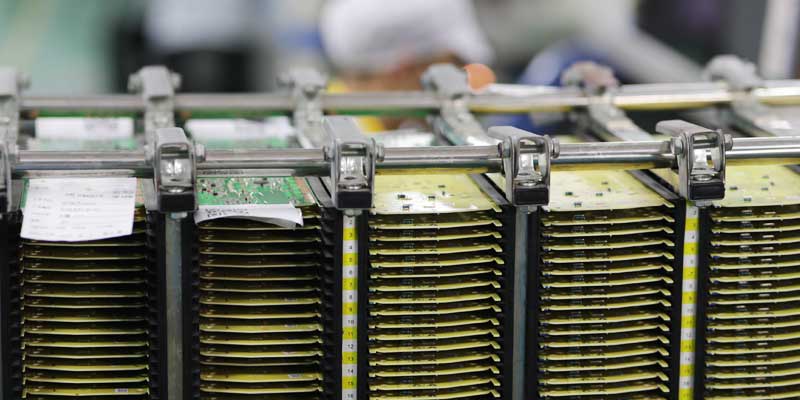How to choose bms for battery
How to Choose the Right BMS for Your Battery Applications
Introduction
A Battery Management System (BMS) is crucial for managing lithium-ion and other types of battery packs, ensuring optimal performance, longevity, and safety. Choosing the right BMS can be daunting due to the variety of options available and the technical considerations involved. This guide aims to simplify the process, helping you understand key features and how to match them with your specific battery needs.

Understanding the Role of a BMS
At its core, a BMS monitors and manages the electrical state of a battery pack. It controls the charge and discharge rates, provides status updates to the user, and protects the battery from operating outside its safe operating area. The functionality of a BMS extends to:
-
Monitoring cell voltage, current, and temperature
-
Balancing cells to equalize charge and extend battery life
-
Communicating with external devices for performance monitoring
Key Features to Consider When Choosing a BMS
-
Compatibility with Battery Type
-
Ensure the BMS is compatible with your specific type of battery (e.g., Li-ion, LiFePO4, NiMH). Each chemistry has unique voltage thresholds and operational parameters that the BMS must be able to manage.
-
-
System Configuration Needs
-
Centralized BMS: Suitable for smaller packs or where cost is a concern.
-
Modular BMS: Best for larger systems where flexibility and scalability are needed.
-
Distributed BMS: Ideal for complex applications requiring detailed monitoring and control at the cell level.
-
-
Protection Functions
-
A robust BMS should offer multi-layer protection mechanisms including overcharge protection, over-discharge protection, short circuit protection, and thermal shutdown.
-
-
Communication and Interface Capabilities
-
Consider a BMS that offers advanced communication protocols (e.g., CAN, UART, SMBus) to easily integrate with other system components and for real-time data monitoring.
-
-
Operational Efficiency
-
Look for features like active cell balancing, which can significantly enhance battery pack performance and lifespan as opposed to passive balancing.
-
Evaluating BMS Performance and Reliability
-
Manufacturer’s Reputation: Choose a BMS from a reputable manufacturer known for quality and reliability.
-
Certifications: Check for necessary industry certifications that ensure the BMS meets safety and operational standards.
-
Warranty and Support: Opt for a BMS that comes with good warranty terms and strong customer support.
Cost Considerations
While cost is an important factor, the cheapest option may not always be the best. Evaluate the cost against the benefits gained from higher efficiency, enhanced safety features, and potential longer battery life provided by a superior BMS.
How Himax Electronics Can Help
Himax Electronics specializes in developing cutting-edge BMS solutions tailored to a wide range of needs. With a focus on innovation and customer satisfaction, Himax provides:
-
Customizable BMS Solutions: Designed to meet specific requirements of various applications, ensuring your battery operates at its best.
-
Advanced Safety Features: Incorporating the latest technology to maintain the safety and integrity of your battery systems.
-
Expert Support: Comprehensive support from conception through implementation and beyond, ensuring your systems perform optimally.

Conclusion
Selecting the right BMS(BMS Battery) involves understanding your battery’s needs and the specific features that a BMS can offer to meet those needs. By considering the factors outlined above, you can make an informed decision that enhances the performance and longevity of your battery systems.
For more information on advanced BMS solutions and how Himax Electronics can assist in your battery management needs, please visit our website or contact our support team.



